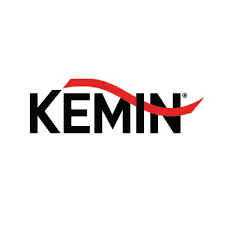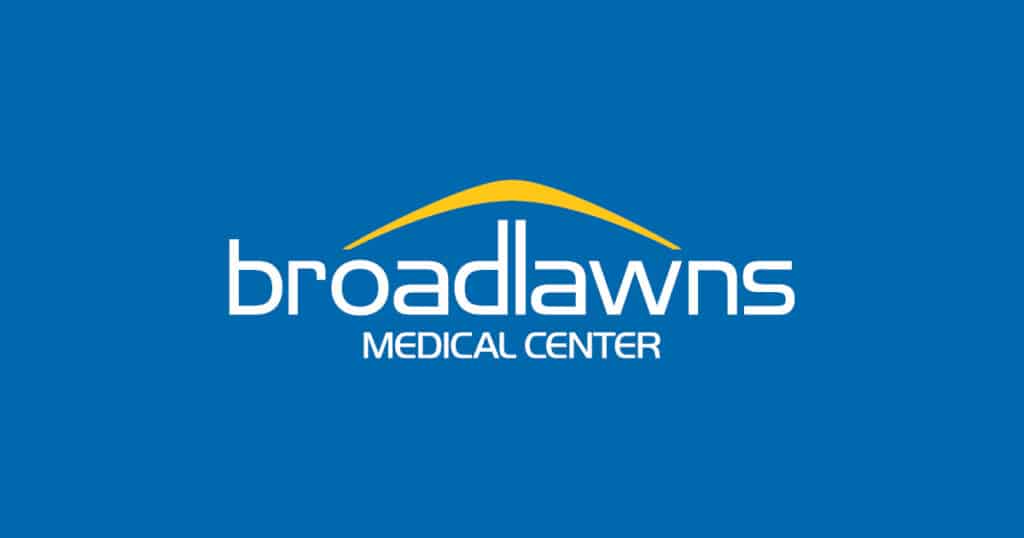Meet Dr. Michael AbouAssaly
Family physician launched comprehensive wellness program to guide patients

The issue: Employee wellness
Most Iowans, like the majority of Americans, need more guidance to follow a healthier lifestyle and improve their overall wellness. Dr. Michael AbouAssaly, a Burlington family physician and nationally recognized expert on wellness, recently teamed up with insurance broker Holmes Murphy and Associates Inc. to serve as a statewide resource for employers seeking to improve their employees’ health and with it, their businesses’ profitability.
About five years ago, Michael AbouAssaly started a wellness program for his family practice patients, which he has since developed into a comprehensive, six-month lifestyle modification program that Holmes Murphy is holding up as a model for improving wellness in Iowa.
“Throughout my years of practice, I saw that my patients needed guidance, and I always took it for granted that they knew what to do,” he said. “I realized as doctors we needed to be spending more time with our patients, educating them.The more you do that, the better the chances they’ll do what you ask them to do.”
As part of his practice, he was providing his patients with dietary counseling and follow-up. “But I needed to take it a step further by showing them how to exercise,” he said. “The hospital provided their facilities and fitness trainers, nutritionists and educators, so we could really have an all-encompassing wellness program.”
That program, called Operation Transformation, focuses on engagement and accountability. Each participant comes in weekly to weigh in at the clinic, in Burlington, where they are also expected to work out five days a week at the fully equipped gym. The center also provides counseling from exercise trainers as well as nutritionists, who teach patients how to shop for healthful foods, cook better meals and make better choices at restaurants.
A family physician for the past 14 years, AbouAssaly emigrated to the United States in 1975 with his parents from Beirut, Lebanon, to escape the civil war.
Holmes Murphy has worked with Iowa employers for a number of years to successfully lower health-care costs through wellness and disease-prevention programs. Holmes Murphy officials learned about AbouAssaly’s work through one of the company’s clients, Winegard Co., a Burlington manufacturer that has employees enrolled in Operation Transformation.
“Dr. AbouAssaly will be a key player in helping Holmes Murphy reach our goal of saving lives and helping Iowa employers have the most productive work force in the country,” said Steve Flood, senior vice president for Holmes Murphy.
AbouAssaly will dedicate several days each month from his practice to serve as a consultant to employers on behalf of Holmes Murphy.
“I will help them to analyze different tools that we can use to help employers have a healthier workplace,” AbouAssaly said. “Every employer has different needs, different budgets. We’ll put together a program to improve their employees’ wellness, and improve their return on investment.”
Q&A
What kind of policy changes can be made to improve health in the United States?
The big one we’re starting to see right now with health-care reform is funding and paying for preventive care. One of the things we’ve been frustrated with as family physicians is that until now, a lot of the health-care dollars seem to have been flowing more to specialty care, and those are (treatments) after the fact. We’ve always felt you really have to put more health-care dollars on the front end toward prevention, to reward doctors who are taking the time to educate their patients on wellness and disease prevention. Another thing I would advocate for is that every restaurant should have to put calorie, sodium and fat content on every item on the menu.
What’s your personal philosophy on keeping fit?
There are three simple rules I live by. The first is the 70-30 rule: On a daily basis, 70 percent of what you eat should be plant-based (fruits, vegetables, nuts and grains) versus no more than 30 percent animal products. Unfortunately, for many Iowans, their diets are just the opposite of this. The second is called the water rule. If you’re wondering whether you should eat something, the test is, if it would fall apart or disintegrate under running water, you should think twice about eating it, because those are the more processed foods. The third is the 150-minute rule: Exercise at least 150 minutes a week. That’s what I really live by and what I promote today.
What’s a life experience that has stayed with you?
When I was in medical school, I spent a month at the American University in Beirut. One thing I really noticed while I was there was how wasteful we are here in our health-care system. Over there, out of necessity they learn to conserve, but their outcomes are just as good. That really stayed with me, just how wasteful we can be with our resources.











